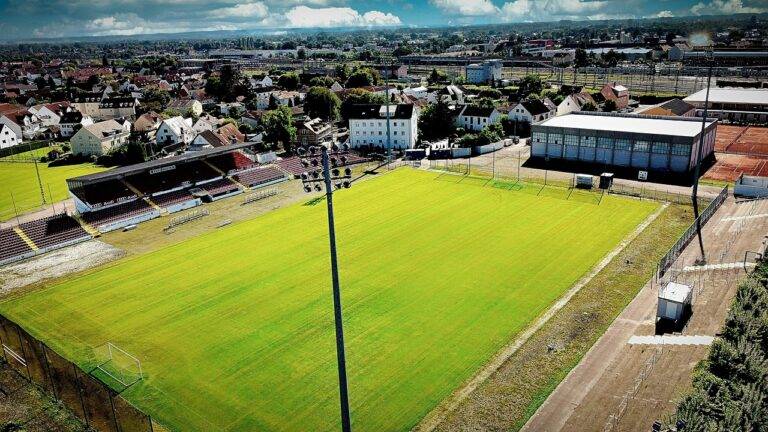The Impact of High-Intensity Interval Training on IPL Athletes’ Diets: Lotus365 book, Playexch 99, All panel .com
lotus365 book, playexch 99, all panel .com: High-Intensity Interval Training (HIIT) has become increasingly popular in the world of sports and fitness for its ability to improve athletic performance and overall fitness levels in a short amount of time. In the context of IPL athletes, incorporating HIIT into their training routines can have a significant impact on their diets and nutritional needs.
HIIT involves short bursts of intense exercise followed by rest or lower-intensity exercise. This type of training has been shown to increase metabolism, improve cardiovascular fitness, and enhance muscle endurance. As a result, IPL athletes who incorporate HIIT into their training regimens may experience changes in their dietary requirements to support their increased energy expenditure and muscle recovery needs.
1. Increased Energy Needs
One of the key impacts of HIIT on IPL athletes’ diets is the increase in energy needs. HIIT sessions can burn a significant amount of calories in a short period, leading to greater energy requirements to fuel workouts and support recovery. As a result, athletes may need to increase their calorie intake to ensure they have enough energy to perform at their best.
2. Protein Requirements
HIIT training can also increase the demand for protein to support muscle recovery and growth. Adequate protein intake is essential for repairing muscle tissue and promoting muscle protein synthesis. IPL athletes may need to prioritize protein-rich foods such as lean meats, poultry, fish, eggs, and dairy products to meet their increased protein needs.
3. Carbohydrate Timing
Carbohydrates are the body’s primary source of fuel during high-intensity exercise. IPL athletes participating in HIIT training may benefit from strategically timing their carbohydrate intake to optimize performance and recovery. Consuming carbohydrates before and after workouts can help replenish glycogen stores and support muscle recovery.
4. Hydration
Proper hydration is critical for athletic performance and recovery. HIIT training can lead to increased sweat losses, making it essential for IPL athletes to stay hydrated before, during, and after workouts. Adequate fluid intake can help maintain optimal performance and prevent dehydration.
5. Micronutrient Needs
Incorporating HIIT into training routines may also impact IPL athletes’ micronutrient needs. Intense exercise can increase the body’s requirements for vitamins and minerals involved in energy metabolism, muscle function, and recovery. Athletes should focus on consuming a variety of fruits, vegetables, whole grains, and nuts to ensure they meet their micronutrient needs.
6. Consulting with a Sports Nutritionist
Given the unique dietary needs of IPL athletes and the potential impact of HIIT on their nutritional requirements, consulting with a sports nutritionist can be beneficial. A nutritionist can help athletes develop personalized meal plans that meet their energy needs, support their training goals, and optimize recovery.
FAQs:
Q: Can HIIT training help IPL athletes improve their performance?
A: Yes, HIIT training can improve athletic performance by increasing cardiovascular fitness, muscle endurance, and metabolic efficiency.
Q: How should IPL athletes adjust their diets when incorporating HIIT into their training routines?
A: IPL athletes may need to increase their energy intake, prioritize protein-rich foods, time their carbohydrate intake, stay hydrated, and focus on meeting their micronutrient needs.
Q: Is it necessary for IPL athletes to consult with a sports nutritionist?
A: While not mandatory, consulting with a sports nutritionist can help IPL athletes optimize their diets, support their training goals, and enhance their overall performance.
In conclusion, incorporating HIIT into IPL athletes’ training routines can have a significant impact on their diets and nutritional needs. By adjusting their energy intake, prioritizing protein-rich foods, timing their carbohydrate intake, staying hydrated, focusing on micronutrient needs, and consulting with a sports nutritionist, athletes can optimize their diets to support their performance and recovery goals.







